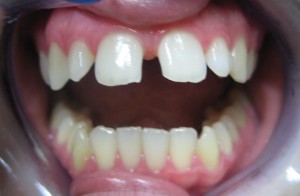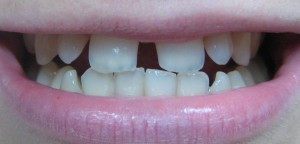Often, when the words “Root Canal” is mentioned to patients, unpleasant images instantly flash through their minds. But what it comes down to is simply, a lack of understanding of what root canal treatment actually entails. Let’s discuss this further…
1. What is a Root Canal treatment?
Firstly, what patient’s don’t realise is that if I am to offer a root canal as a treatment option, it means that I am suggesting that this tooth CAN BE SAVED! Often fillings are needed when the cavity only “outside layers” of your teeth (ie. your enamel and dentine). However, once the bacteria continues to progress deeper, it gets closer to the pulp (the nerve tissue). Once inside, the nerve becomes infected and can cause severe tooth ache.
A root canal would simply be removing that infected nerve tissue, cleaning it thoroughly and sealed so no further bacteria can enter the tooth.


